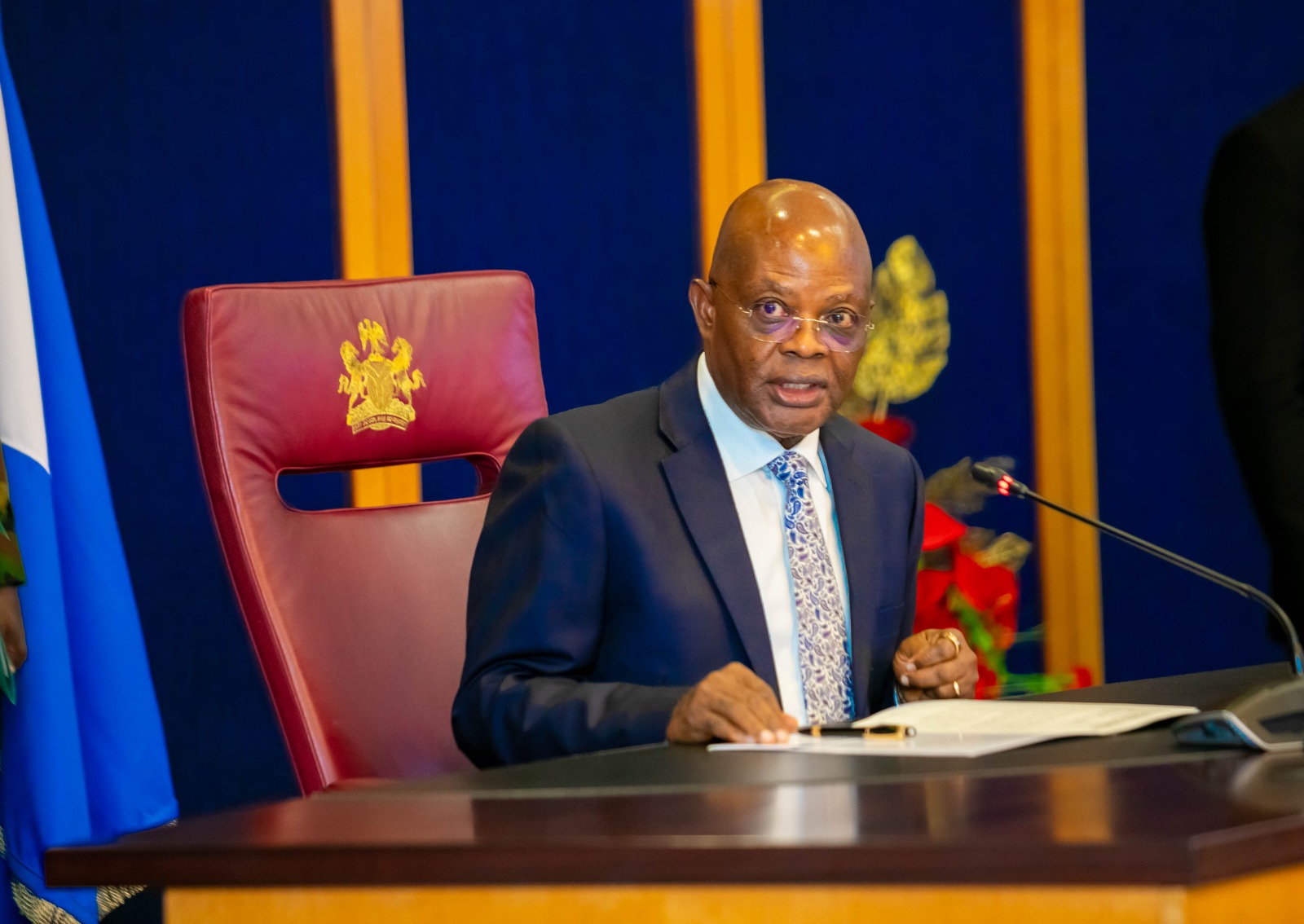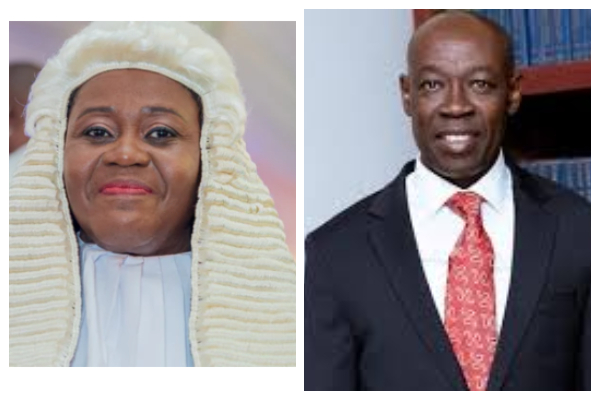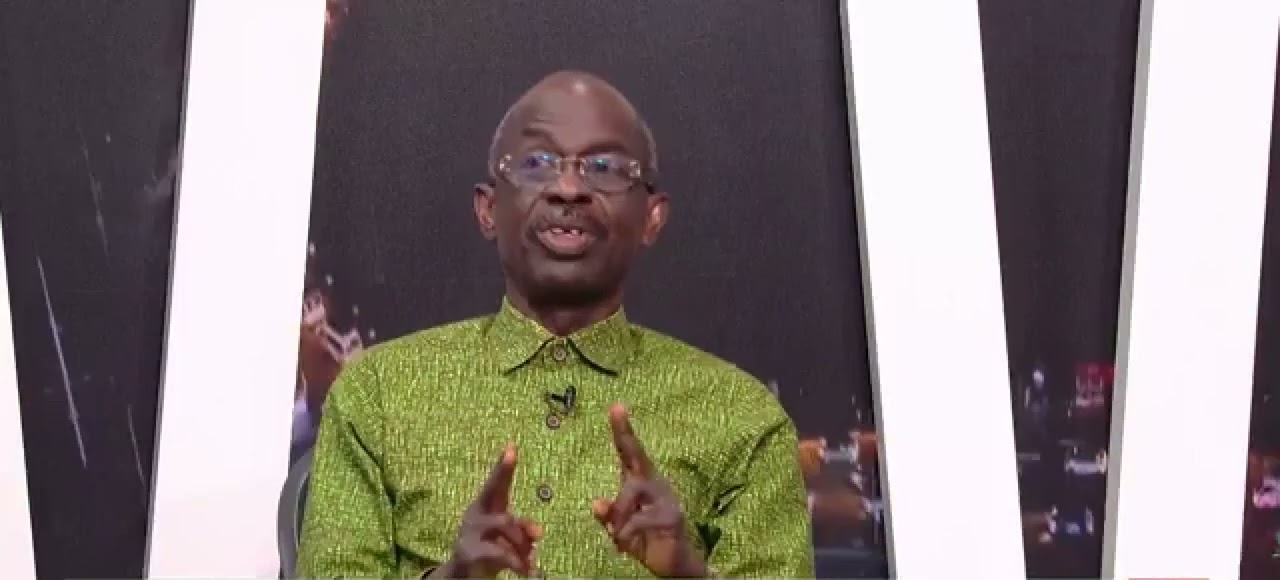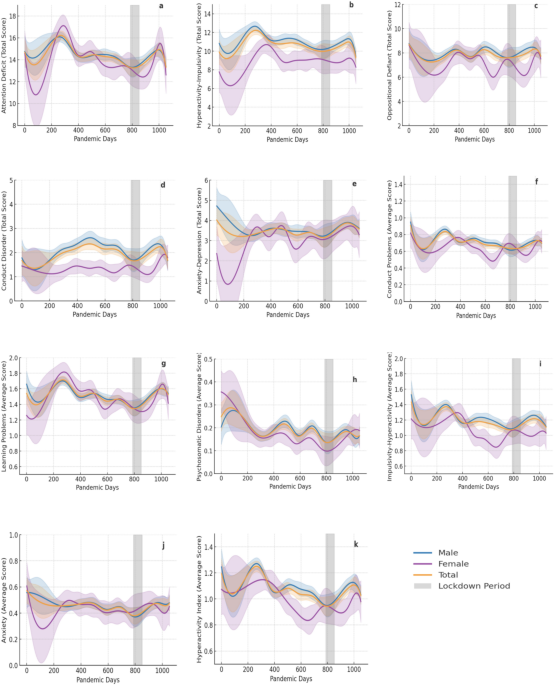The case for meritocracy in appointing Vice Chancellors in Nigerian universities - Businessday NG
The university is a crucial part of the higher education system with the primary purposes of teaching, research and community service. It is generally considered a place of excellence with the aim of promoting high standards in education, research and intellectual pursuit. As a key player in national development, the university system serves the purpose of fostering both the acquisition and advancement of knowledge, producing highly skilled manpower, and developing future leaders equipped with the knowledge, skills and values necessary to contribute to society.
It’s little wonder that the university system has always been under public scrutiny. Society expects universities, as institutions of excellence and ‘ivory towers’, to be above reproach and serve as models of an ideal society. Sadly, recent developments in the appointment of vice chancellors at some public universities in Nigeria have raised the question of whether Nigerian universities are truly ivory towers or simply institutions now plagued by societal corrupt practices.
Recently, the selection process for appointing vice chancellors at some public universities in Nigeria has been marred by crises, leading the federal government to cancel the entire process in some cases and sack the governing councils. These crises stem from various factors, including but not limited to lack of transparency, political manipulation, and ethnic agitations. The focus of this article, however, is to examine the controversy arising from Section 4(b) of the Universities (Miscellaneous Provisions) Amendment Act 2003, which addresses the appointment of vice chancellors at Nigerian Federal Government-owned universities.
Before 1993, the appointment of vice chancellors at federal government-owned universities was solely controlled by the federal government, without the involvement of the council or senate. This practice led to widespread agitation, particularly within the university community, who viewed it as arbitrary and a reflection of political manipulation rather than merit and transparency.
“There have been instances where governing councils have used this provision to blatantly disregard merit, without justifiable reasons for not appointing the best candidate.”
One of the main outcomes of these agitations was the promulgation of the Universities (Miscellaneous Provisions) Act No. 11 of 1993. This principal Act laid the foundation for the establishment, governance, and operations of public universities in Nigeria. Under this law, the power to appoint a Vice Chancellor was vested in the President, following the recommendation of one candidate by the Governing Council, chosen from three candidates nominated by the Joint Council and Senate Selection Board.
This law was amended by the Universities (Miscellaneous Provisions) Amendment Act of 2003, which yielded the power to appoint vice chancellors to the governing council. This amendment allowed various segments of the university community, represented in the Council, to directly or indirectly participate in the appointment of their vice chancellors.
Although this development seemed to have addressed the agitations of those clamouring for participatory democracy in the appointment of vice chancellors, the Section 4(b) of the new law has become a recipe for controversies and manipulations. This section provides that:
“The Council shall select and appoint as vice chancellor, one candidate from among the three recommended to it … and thereafter inform the visitor”
Various interpretations have been given to this provision depending on whose interest it serves. Some argue that the Governing Council has the liberty to choose any of the three recommended candidates, regardless of their rankings, while others believe that only the best candidate out of the three should be appointed Vice Chancellor. These conflicting opinions have led to serious crises in the selection process of some vice chancellors. To resolve this contentious issue, it is imperative to consider the primary intent and purpose of this provision.”
Professor Lawrence Atsegbua asserted that the clear and unambiguous intention of the framers of the Universities (Miscellaneous Provisions) Act No. 11 of 1993 and the Universities (Miscellaneous Provisions) Amendment Act of 2003 was to ensure that merit serves as the paramount criterion in the appointment of vice chancellors, rather than the blatant violations and manipulations that have become rampant in our universities.
Like Professor Atsegbua, I strongly believe that the intention of the provision was not to undermine merit. Rather, the requirement to recommend the top three candidates was meant to provide the Governing Council with alternatives, avoiding the need to repeat the entire rigorous process if there were valid reasons why the best candidate couldn’t be appointed. Unfortunately, this provision has been exploited by those who view it as a loophole for political gain. There have been instances where governing councils have used this provision to blatantly disregard merit, without justifiable reasons for not appointing the best candidate. Failure to address this issue only endorses impunity and invites serious crises in our universities, leading to a negative image, loss of confidence in the system, and general apathy, among other consequences.
As a way forward, there is an urgent need to amend Section 4(b) of the Universities (Miscellaneous Provisions) Amendment Act 2023 to compel Governing Councils to appoint the best candidate, unless there is a justifiable and verifiable reason why such a candidate cannot be appointed. Ultimately, the selection process for appointing vice chancellors must be grounded in transparency and merit. We have a collective responsibility to establish a system that ensures only the best candidates occupy this exalted office.









:max_bytes(150000):strip_icc()/Parents-MomLookingatComputerWithDaughter-1119969431f546699d7de62781f596d4.jpg)



